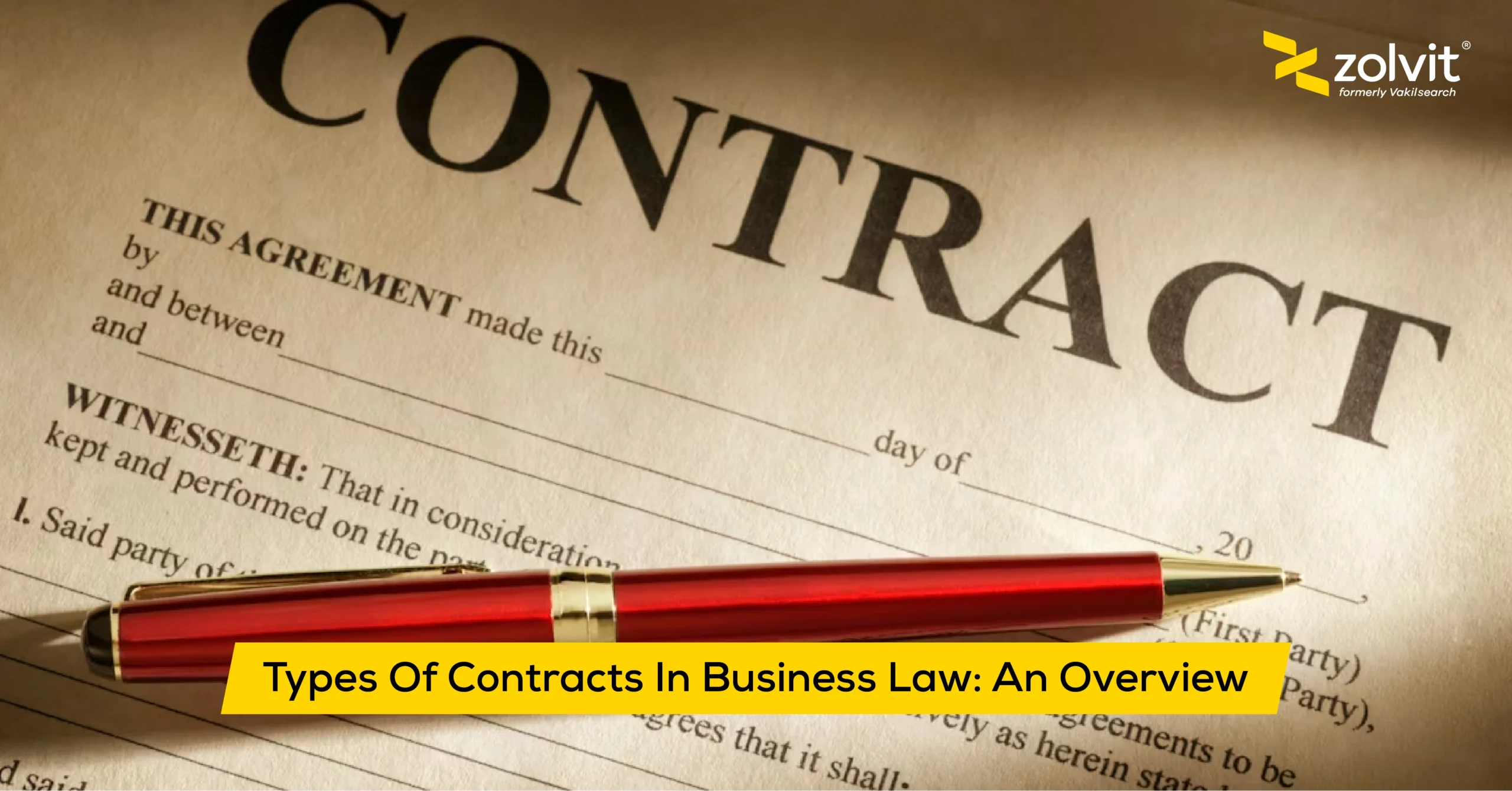There are many types of drug offenses, from possession and trafficking to manufacturing and distribution. Here are eight types of Drug Offenses:
Possession of drugs
Possession of a prohibited substance refers to its physical presence. This, of course, has broader connotations, where physical possession itself is defined as ‘finding a prohibited substance within a property or premises owned by a person.
Drug trafficking
It is a slightly more serious offense than possession. As well as possessing the prohibited substance, ample evidence must be found that the offender intended to sell and distribute it, making this, in a sense, a public health issue. The offender is usually found with large quantities of the substance in such cases.
Manufacturing and Production of drugs
Just like distribution, this is a little more serious than mere possession. A person is caught with a lot of raw material and equipment for synthesizing the drug. Also, this constitutes a public health concern, since the manufacturer intends to propagate the substance illegally.
Cultivation of controlled substances
Cannabis, opium, and coca plants are illegal under Indian law. The Narcotic Drugs and Psychotropic Substances Act, 1985 (NDPS Act) strictly prohibits growing these plants. Convictions can lead to long prison terms and big fines.
Drug Distribution and Sale
The NDPS Act has harsh penalties for distribution and sale of controlled substances. You can get long-term prison time and significant fines, no matter if you're charged with small or big transactions.
Importation and exportation of drugs
Controlled substances are a major crime with complicated international laws and severe legal consequences. The penalties can be harsh, especially if there's a lot of drug involved. The defense of these charges requires a deep understanding of both domestic and international drug laws.
Prescription fraud
There are certain drugs that are classified as ambiguous because, while they provide some relief to patients with certain rare medical conditions, they are also generally regarded as being harmful to people. As an example, morphine is a prohibited substance. Medical professionals use it as a means of easing pain and stimulating healing in patients who have suffered physical or psychological trauma. It is only possible to purchase these drugs with a valid prescription. Fraudulently forging prescriptions for these drugs is referred to as prescription fraud.
Drug paraphernalia Offenses
In this case, the offender possessed residual paraphernalia, but he/she did not have the prohibited substance itself. Paraphernalia is anything used to produce, conceal, or consume drugs. Bongs, roach clips, miniature spoons, and pipes are all included







